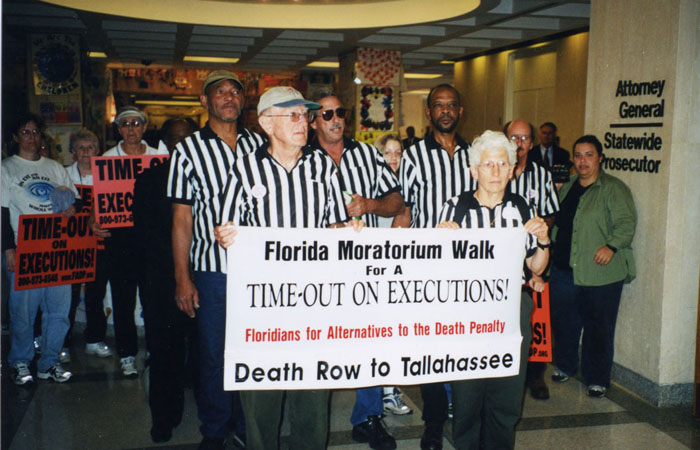Alvin Ford Papers, 1965-1995 5.4 cubic ft.
This collection documents the seventeen-year period (1974-1991) concerning the Florida capital punishment case of Alvin Ford. The collection primarily contains the court records and research material of Ford's attorney, Laurin A. Wollan, Jr., as well as other members of the Ford defense team who began work on the case in 1981. The legal records include official court proceedings from the initial trial in 1974, appeals, attempts at clemency, and several cases by Ford against the Florida Department of Corrections. Other legal records include psychological reports, background reports, biographies of Ford, as well as his prison and medical records.
